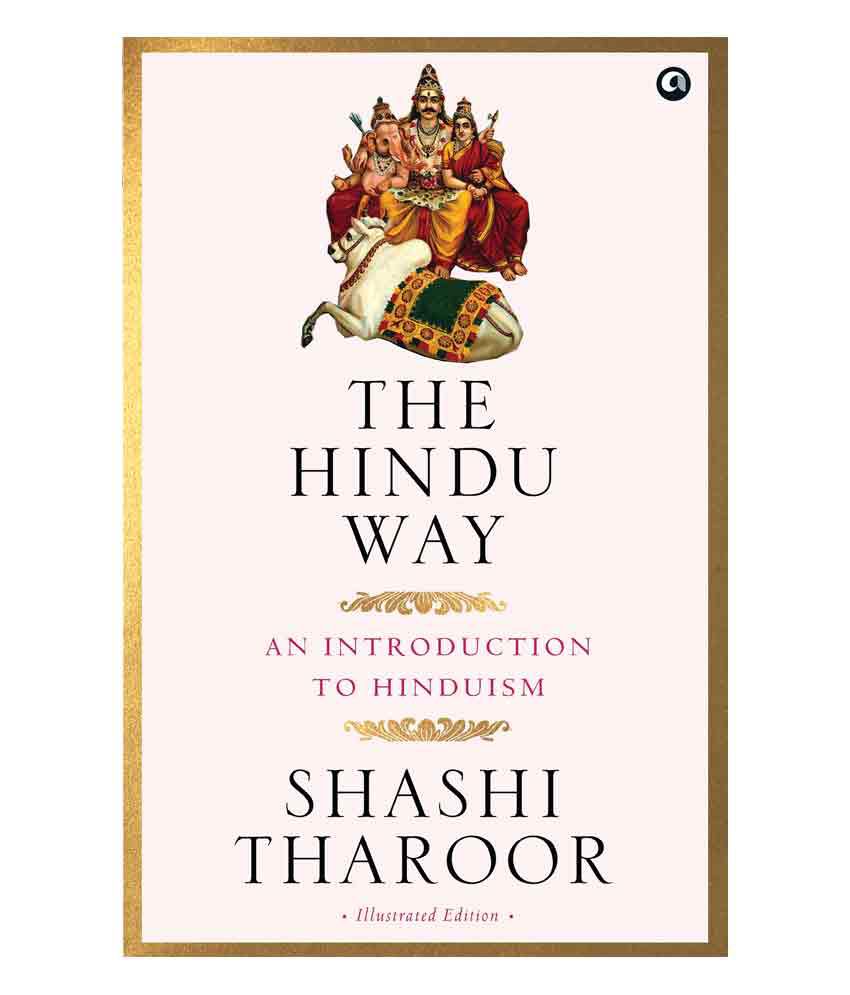The Hindu Way: An Introduction to Hinduism, the new book by bestselling author Shashi Tharoor, whose last three books have sold over a quarter of a million copies in hardback, is the perfect introduction to one of the world’s oldest, largest and most complex religions. Although there are hundreds of books on Hinduism, there are only a few which provide a lucid, accessible, yet deeply layered account of the religion’s numerous belief systems, schools of thought, sects, tenets, scriptures, deities, rituals, customs, festivals and philosophies.
This book is one of them. In the tradition of classics of the genre like K. M. Sen’s Hinduism and Sarvepalli Radhakrishnan’s The Hindu View of Life, this book captures the essence of Hinduism with brevity, insight and an enviable grasp of the myriad layers and intricacies of one of the world’s greatest religions.
It is a book that is especially timely given the rather controversial role that religion has played in countries around the world. The author tells us why Hinduism is a religion that is well-suited to the needs of the world today: ‘In the twenty-first century, Hinduism has many of the attributes of a universal religion—a religion that is personal and individualistic, privileges the individual and does not subordinate one to a collectivity; a religion that grants and respects complete freedom to the believer to find his or her own answers to the true meaning of life; a religion that offers a wide range of choice in religious practice, even in regard to the nature and form of the formless God; a religion that places great emphasis on one’s mind, and values one’s capacity for reflection, intellectual enquiry, and self-study; a religion that distances itself from dogma and holy writ, that is minimally prescriptive and yet offers an abundance of options, spiritual and philosophical texts and social and cultural practices to choose from. In a world where resistance to authority is growing, Hinduism imposes no authorities; in a world of networked individuals, Hinduism proposes no institutional hierarchies; in a world of open-source information-sharing, Hinduism accepts all paths as equally valid; in a world of rapid transformations and accelerating change, Hinduism is adaptable and flexible, which is why it has survived for nearly 4,000 years.’
The text of The Hindu Way is embellished with over a hundred photographs and illustrations, many of them in colour, on various aspects of the religion. Based on Dr Tharoor’s extensive writing on the subject, including the bestselling Why I Am a Hindu, this book gives the reader an unrivalled understanding of Hinduism.

